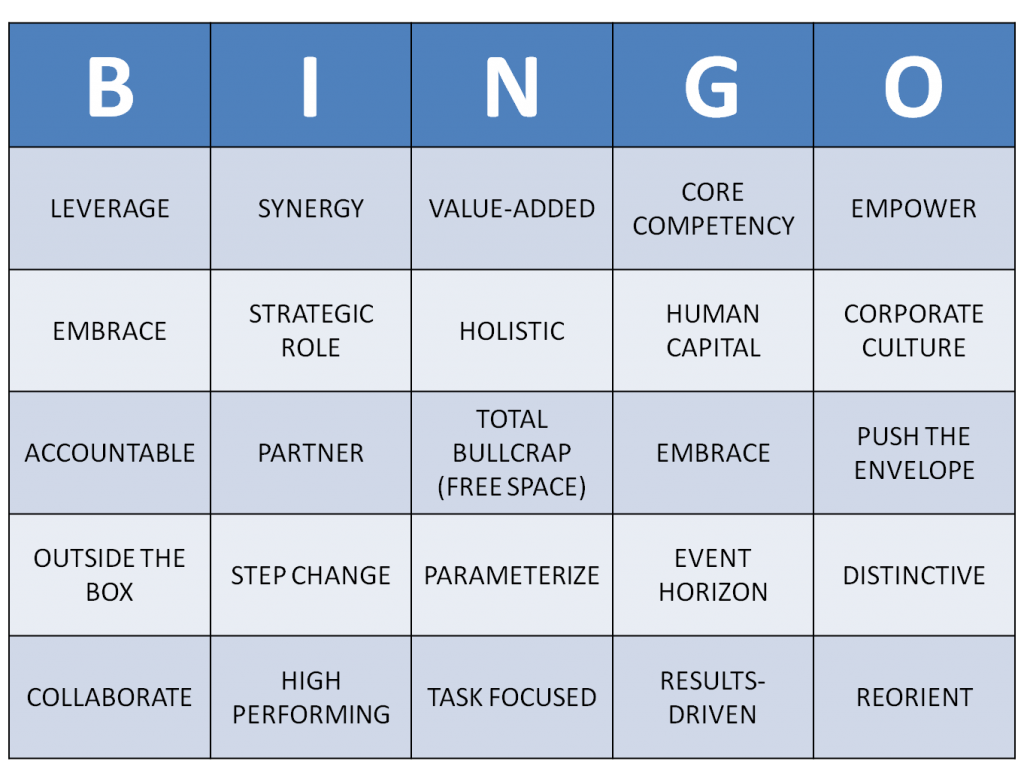An online presence should begin where 93% of internet users also start: a search engine. Stat Counter tells us that Google controls over 92% of global search engine market share, so you should probably start with Google too.
Google has over 200 ranking factors, making search engine optimization (SEO) an extremely wide scope. Your SEO strategy should include additional digital initiatives in order to spur a true digital transformation. Synergy may seem like the type of word you would see on a bad version of buzzword bingo, but the effects of a strong digital marketing ecosystem are well-documented and a necessity.
SEO is built to last, especially when the digital framework surrounding your SEO efforts is well developed as a support system.
How Your PPC Campaigns Will Help SEO
1. Use PPC for Keyword Discovery
Pay-per-click (PPC) advertising such as Google Adwords is a great way to find new keywords to target with your organic efforts. While “broad match”– a keyword option that allows your ad to show when someone searches for that keyword, variations of it, or other related topics — may not be the best long-term strategy for a PPC campaign, it can be extremely valuable in discovering some “long-tail” phrases that should be incorporated into your site’s content.
2. Competitive Targeting
PPC can fill in the gaps of keywords that are altogether too competitive, and one type of keyword that may be out of reach for organic optimization is competitive brands. While this method may not always be the most cost-effective targeting, it does have its place in digital business strategy.
3. Temporary Targeting
The balance of SEO and PPC is a delicate one. Why pay for keywords you can get for free? But SEO can be a slow process, especially on highly competitive keywords. In the meantime, on those highly profitable search queries, it makes sense to pay for more traffic until your SEO efforts are realized. “Only 5.7% of pages will rank in the top 10 search results within a year of publication.” (Ahrefs)
4. Seasonal Boost
Seasonality may be one of the most under-utilized strategies in PPC. Businesses typically know their busy time of year, which is when customers are most interested in their product or service. Strike while the iron is hot! And do it with a multi-pronged attack to cover as much real estate on the search engine results page as possible!
5. CTR Increase
SERP (Search Engine Results Page) real estate is key. The more listings, whether paid, local, or organic SEO listings, the higher the click-through rate. Combining organic SEO and PPC ads result in 25% more clicks.
Why Your Reviews Improve Your SEO
1. Quality/EAT
Expertise, authority and trust. These have been beaten into the brains of digital marketers by Google, and nothing says trust like a steady stream of positive reviews. Google has a published 175-page Search Quality Guidelines document in which they explicitly state: “We consider a large number of positive user reviews as evidence of positive reputation.”
2. More Keywords
YES! Your reviews have keywords in them too! When a customer mentions a service or phrase like “best dentist,” that counts! That is not just content in addition to your own, but can be considered main content by Search Engines!
3. User-Generated Content
And it’s not just content, it’s user-generated content! It corroborates what you have on your site with a third party. User-generated content could include YouTube, Twitter, other social networking websites, other article publishing websites, Q&A websites, forums, and more. Take the opportunity to gather user-generated reviews and don’t forget to reply to every review to get even more interaction and quality content.
4. CTR and Conversion Rate
According to BrightLocal, “87% of consumers read online reviews for local businesses in 2020 – up from 81% in 2019” AND “Only 48% of consumers would consider using a business with fewer than 4 stars.” Quality reviews increase your click-through rate and conversion rate significantly, leading to a higher ROI on your search engine optimization efforts!
5. More platforms, More Referral Opportunities
Oh no, another buzzword… diversification. If you have reviews on multiple platforms, you have more traffic referral opportunities, leading to more expertise, authority and trust among users. Google reviews are important, but don’t ignore Facebook, Yelp, BBB, Yellow Pages and any other industry-specific platform. Sometimes a divide and conquer tactic can be more beneficial than having all of your reviews in one place.
Using Social Media to Boost Your SEO
1. Moving the Needle
Social media is not a ranking factor according to Google, but it definitely helps move the needle. SEO drives 1000%+ more traffic than organic social media (BrightEdge), but social media puts a face on your brand and can improve your click-through rate through brand recognition when people are searching for your services.
2. Link Building
When Google or any other search engine crawls social sites, they see links back to your site. They see links to pages, blogs, and images. While a link from a Facebook post may not carry the same weight as a link for a dentist from the American Dental Association website, small links can add up.
3. Referral Traffic
The links on social media should not only bring Google bots to your site, but also real people! Real users interacting with your site improve your rankings on search engines, and since they have already interacted with your brand on social media, they are highly qualified users. You can expect them to convert at a rate higher than your overall traffic.
4. Citations
Simply having and maintaining social media properties gives you more real estate on the web with your name, address and phone number. It’s also a bonus if the citation has a link back to your website. While Google has seemingly diminished the effects of citations in recent years, they can still improve your local search rankings.
5. Searches! (Especially Branded Searches)
Yes, social media outlets are search engines! “Each day, Facebook handles 1.5 billion searches” and Google has about 3.5 billion daily searches according to WordStream. Facebook is a search engine. Optimizing social media posts with keywords and quality content will also help convert customers.
Bonus Tip: Great Hosting Is an SEO Need
Cheap hosting = cheap performance. Hosting companies make more money the more sites they add to a server. If you use a shared server with too little capacity, you will have intermittent performance that will hurt your SEO. Hosting is one of the biggest opportunities to upgrade site performance, especially for small businesses.
When plotting your strategy to bring more organic traffic to your website, keep in mind the impact that a holistic approach will have. A comprehensive digital marketing strategy leads to faster improvements, greater longevity, and an overall increase in return on investment from SEO efforts. Whiteboard Marketing has a team of SEO specialists if you’re ready to tackle your website and SEO goals.


